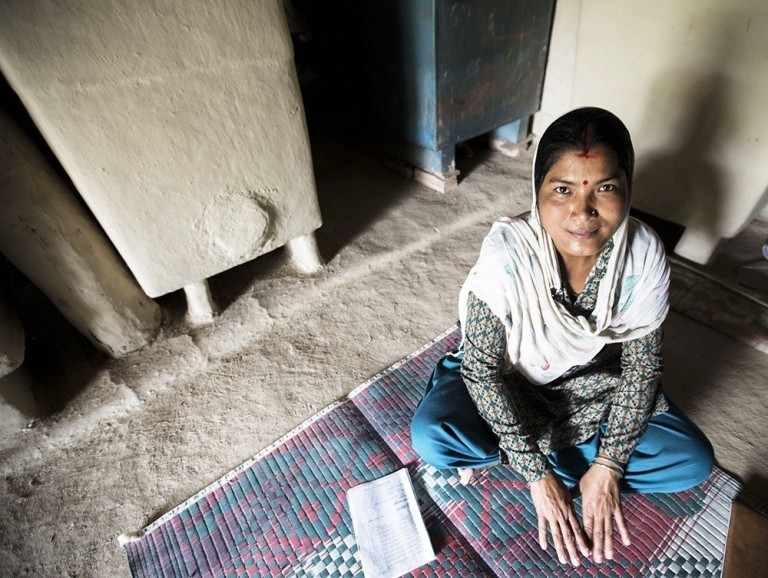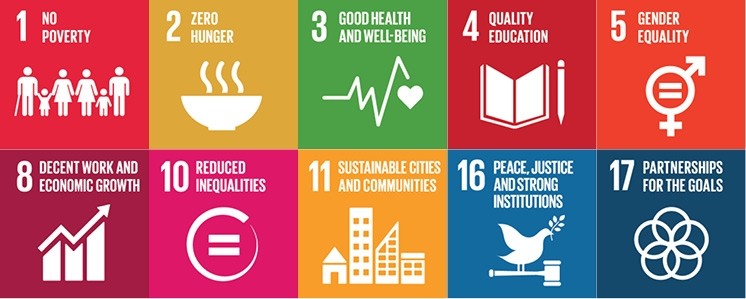Blog
Taking bold action for women

Twenty-five years ago, I moved with my husband to his home country—a developing nation where, for the first time in my life, I saw the impacts of real poverty. There, I learned that with access to economic opportunities, families can change even the direst of circumstances. It changed my direction and career forever.
An estimated 2.5 billion of the world’s poorest people are financially excluded, meaning they lack access to formal accounts at financial institutions. Women and those living in rural areas are especially disadvantaged. With high transaction costs and small loans leading to lost investment, financial institutions seldom serve these communities. Weak or non-existent literacy and numeracy skills create additional barriers. With few means to save, these individuals and their families are exceptionally vulnerable to life-threatening hardships.
But there are solutions – namely community-based savings groups that are specifically designed to meet the needs of the financially excluded.
Pact’s WORTH (Women Organizing Resources Together) program is one of the most impactful I’ve seen in my career. Contributing to nine of the Sustainable Development Goals, WORTH uniquely improves women’s access to and control over their assets and resources by integrating informal adult education, income generation and group governance and accountability principles. WORTH brings poor, primarily rural women together in groups of 25 for integrated savings-led microfinance, literacy and numeracy, group banking management and micro-enterprise development, while strengthening social networks and empowering women as leaders with voices in their communities.

Women with greater economic opportunities have fewer children, invest more in the health and education of the children they do have, and, compared to men, spend 50 percent more of their earned income on household and child wellbeing. The results of women’s economic empowerment include improved education, nutrition, infrastructure, environment and economic productivity for the whole community.
We see this with WORTH. It is one of Pact’s most effective poverty-reduction tools because it places women at the center of their own solutions.
Six years after Pact stopped supporting its first-ever WORTH pilot in Nepal, an evaluation found that more than two-thirds of groups were still active, and their total savings had doubled from $720,000 to $1,800,000. The number of women in business quadrupled—resulting in an eight‐fold increase in annual income from their small businesses, from $1.2 million to more than $10 million. These economic gains led to increased access to health services, community engagement and overall empowerment. A quarter of these groups had paid it forward by helping to start at least one new group, the majority also using the WORTH curriculum to teach literacy, numeracy and business principles.
WORTH groups have proven highly sustainable, scalable and independently replicable, as well as highly effective in creating behavior change. It is our original integrated approach and has been joined with multiple health and natural resource management interventions, while including elements of governance and capacity development for the groups. We believe the model’s success is entirely attributable to its locally driven, multi-disciplinary and individual-capacitating aspects.
We know that when we support girls and women, it has ripple effects across families and communities.
As we recognize International Women’s Day this year, consider how you or your organization or programs can take bold action for women.